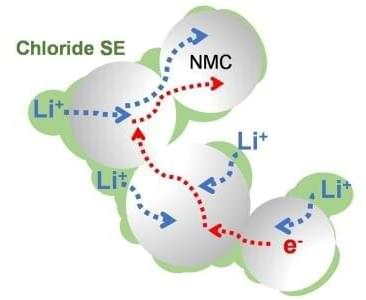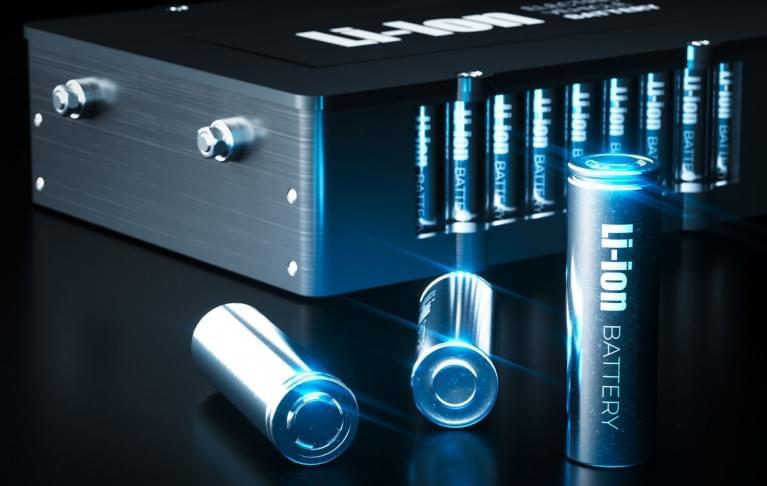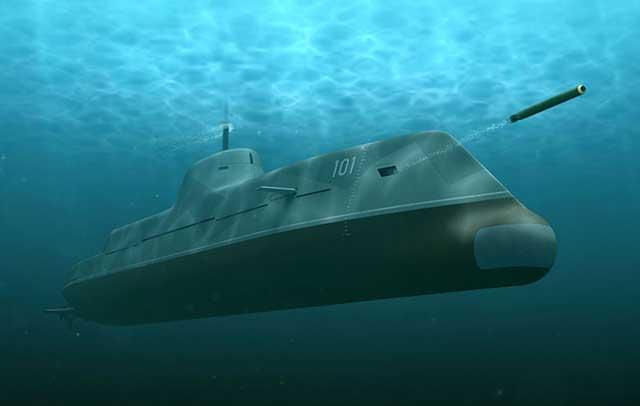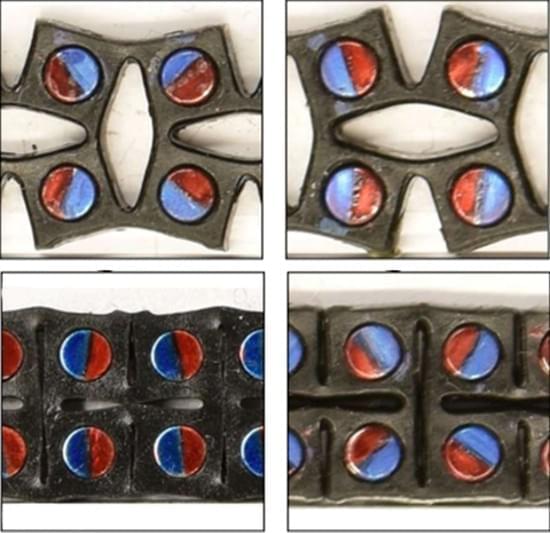Award Helps Move Cost-Effective, Productive, Robust Wave Energy Design a Step Closer to Commercialization and Widespread Use
In 1974, Stephen Salter, a professor at the University of Edinburgh, sent his “ducks” into the Scottish seas, launching the world’s first major wave energy project. But the ocean’s rough heaves and surges proved too much for his house-sized, floating generators. Like the more recent Pelamis’ P-750 model and Aquamarine’s Oysters, they succumbed to the power they were meant to harness.
“We have to ask ourselves,” said Krish Thiagarajan Sharman, the endowed chair in renewable energy at the University of Massachusetts Amherst, “why have we been working on this for so long? Why don’t we have grid-ready, commercial-scale wave energy systems out in the world?”







